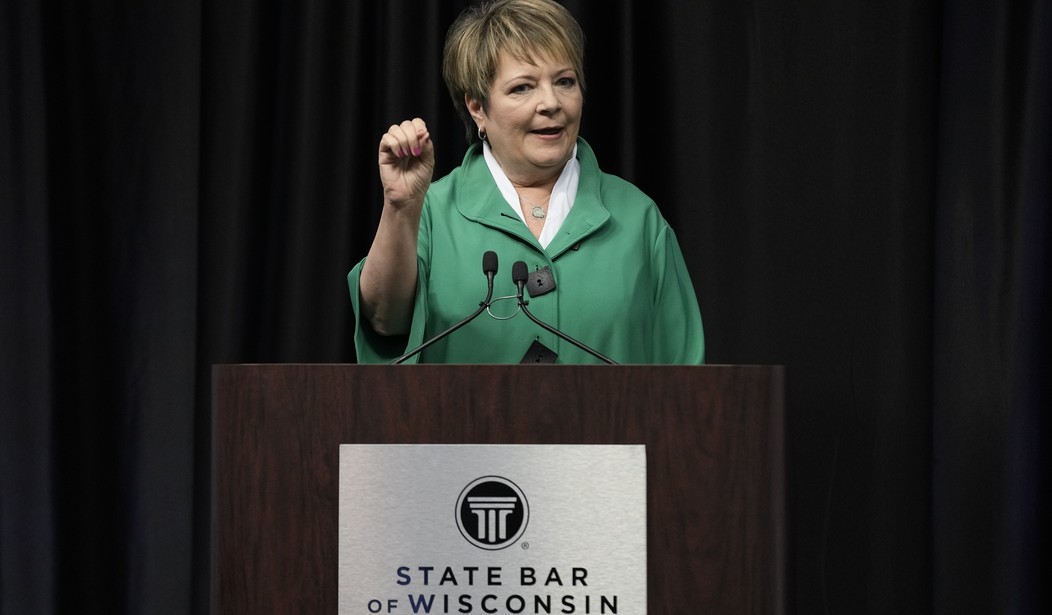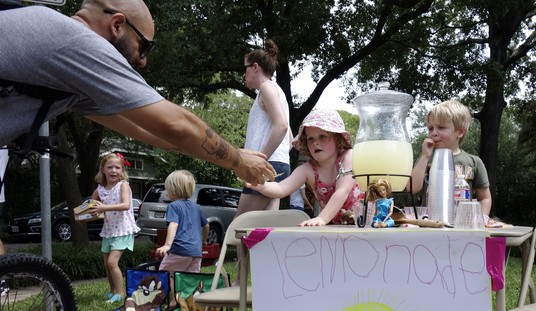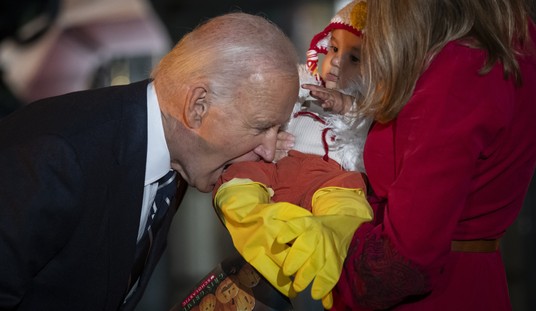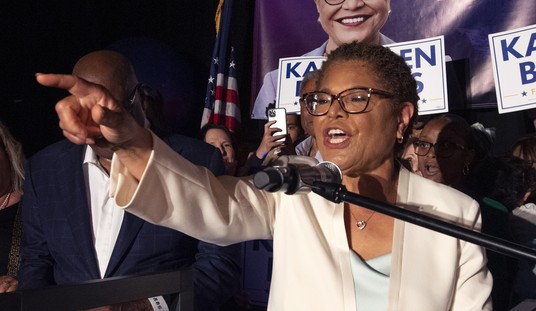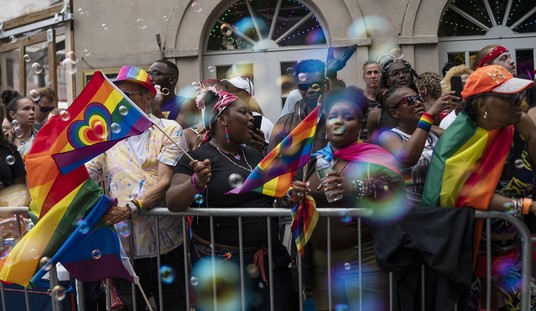Amid all the other major news of Tuesday was the state Supreme Court election in Wisconsin, where for the first time in 15 years the Democratic Party has taken control.
It is, without a doubt, the biggest blow to conservative policy-making in the state in years as it threatens to undo a lot of reforms conservatives have maintained or pushed through since the days of Scott Walker’s time as governor. The state, while being a swing state in national elections, has been fairly consistently right-of-center in state-level elections, but Tuesday night provided Democrats with a rare opportunity to take the state back to the left.
In particular, Wisconsin progressives are looking to overturn a pre-Civil War abortion ban, and possibly even attack electoral maps through the state’s courts. Progressives see the victory of Milwaukee County Judge Janet Protasiewicz as an opportunity to use the courts to go after other issues, as well.
The win by Protasiewicz comes at a pivotal time for the court, and for the Democratic voters who carried her to office. Justices are all but certain to hear a challenge to Wisconsin’s pre-Civil War abortion ban, and with a liberal majority, they’re likely to consider a lawsuit that could overturn Wisconsin’s Republican-drawn legislative maps.
Barring the unexpected, the victory also assures that liberals will hold a majority on the court ahead of next year’s presidential election, when Wisconsin — the perennial swing state — is expected to again be pivotal in the race for the White House. If election lawsuits are filed in state court, Protasiewicz will be one of the seven justices who have the final say.
[…]
“Our state is taking a step forward to a better and brighter future where our rights and freedoms will be protected,” Protasiewicz said. “And while there is still work to be done, tonight we celebrate this historic victory that has obviously reignited hope in so many of us.
Some may argue that Protasiewicz won due to her opponent, former state Supreme Court Justice Dan Kelly, not being a great candidate. However, it appears far more likely, given other votes in other states recently, that abortion is playing a bigger role in voter motivation than anything else. Protasiewicz, who was open about her pro-choice political philosophy and her insistence that the Republican-drawn electoral maps for the state were “rigged,” raised a ton of cash for the election, which now holds the record for most expensive state Supreme Court election in the state’s history.
That cash haul comes at a time when Republicans are having mixed results in their push to go after abortion in red states in the wake of the Dobbs v. Jackson Women’s Health Organization case that struck down Roe v. Wade in the summer of last year.
In Kansas, a (moderate) Republican state, voters rejected a ballot initiative restricting abortion. In the November midterms, part of the Democrats’ surprising victory came as abortion access remained a top priority in swing states.
Abortion’s impact was especially evident in two swing states — Pennsylvania and Michigan — where Democrats in tight races at all levels of government won following campaigns that contrasted their opponents’ anti-abortion views with pledges to defend the procedure.
Michigan Democrats, who campaigned on their opposition to the state’s 1931 near-total abortion ban and ran on newly drawn maps that made districts more competitive, flipped control of the state Legislature for the first time in decades.
And in Pennsylvania, where Democrat John Fetterman flipped a red Senate seat blue, 36 percent of voters said abortion was the most important issue to them, compared to 29 percent for inflation, according to the National Election Pool exit poll.
Such is the blessing and the curse of the Dobbs decision, however. At its most basic level, that case did not outlaw abortion. In fact, the Supreme Court maintained in its decision that they do not have the power to declare it legal or illegal – that is the job of the states. Because there is no explicit constitutional protection for abortion, then it is a power reserved for the states, and those states must decide on it.
That is exactly where we are now, and why Republicans in some states are struggling with the issue. It is not that being Pro-Life is an electoral killer, but rather that voters tend to dislike extremes one way or another. Going after abortion with full bans – especially full bans that don’t include exceptions for rape, incest, and the life of the mother – does not poll well and voters do not respond well to it. Most polling indicates that voters are okay with abortion in the first trimester, but believe it should be restricted beyond that.
That’s not advoacy for more lenient abortion laws, nor is it a call for Republican candidates to never talk about abortion. In fact, I think it’s imperative that conservatives keep talking about it, and talk about the importance of protecting all life, from the womb to the grave. That is where Republicans can show they are the more responsible party when it comes to protecting citizens.
Democrats currently believe that a child in the womb can be killed at any point up until the child fully exits the birth canal. They believe in exposing children to sexually explicit drag shows and robbing them of their innocence at ages when they are too young to comprehend what they’re seeing in such shows. They believe in releasing violent criminals back into the streets, where they will kill hundreds more children per year, not to mention the adults also killed in acts of violence by people who should be locked up.
Conservatives do need to understand at a state level, however, that the Dobbs victory was won incrementally. It took several decades to undo the damage of Roe v. Wade. Likewise, it will take conservatives at the state level more time to move the rest of the state toward abortion bans. It requires political and cultural victories. But that’s what the Dobbs decision made clear in the first place.

